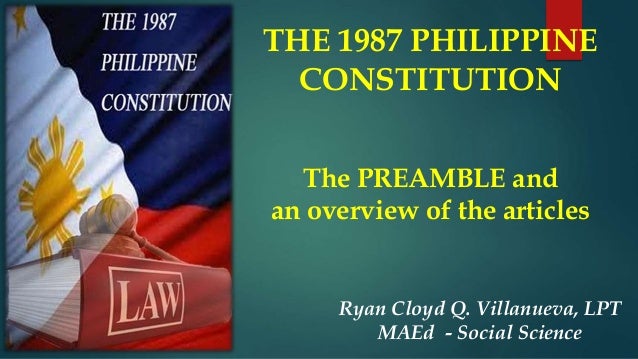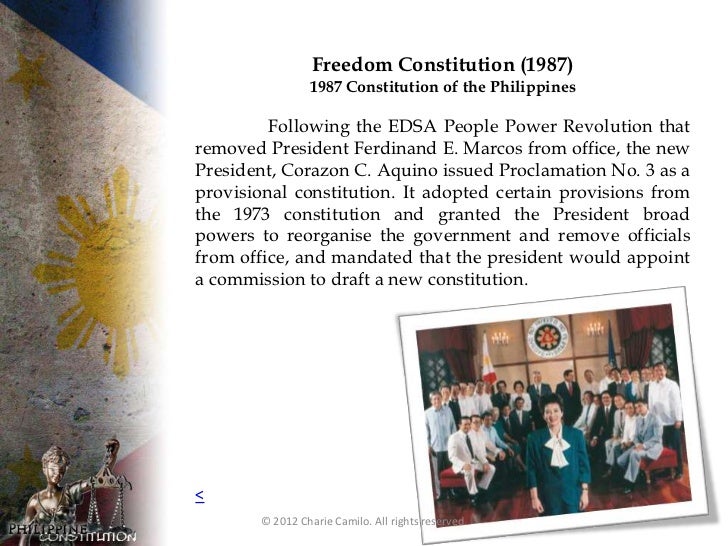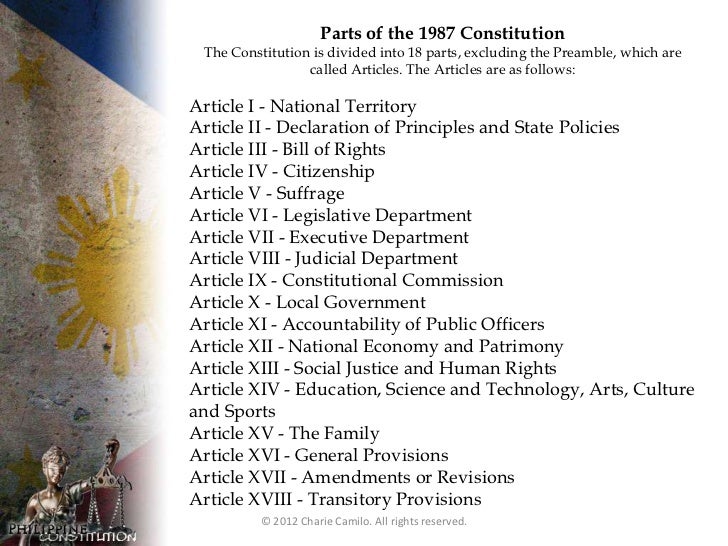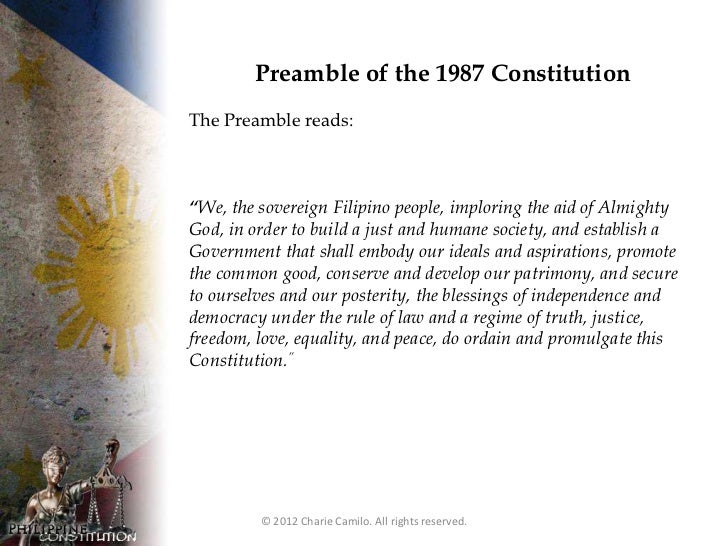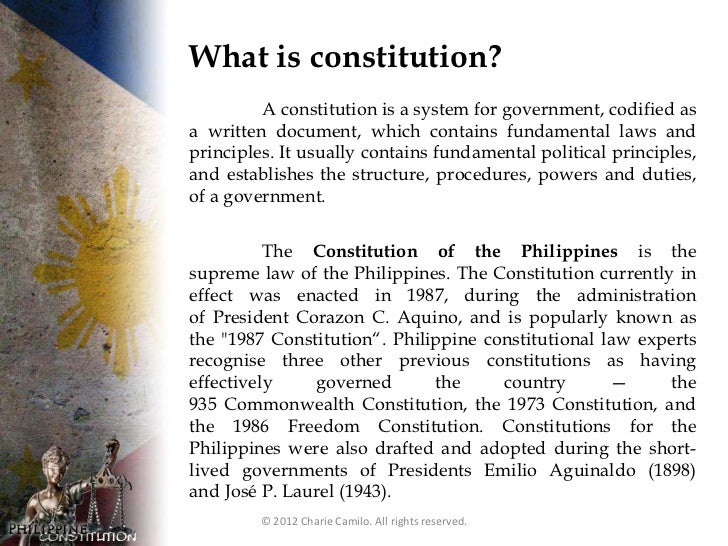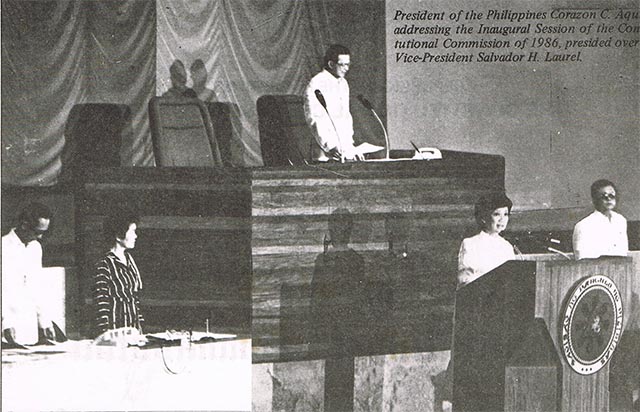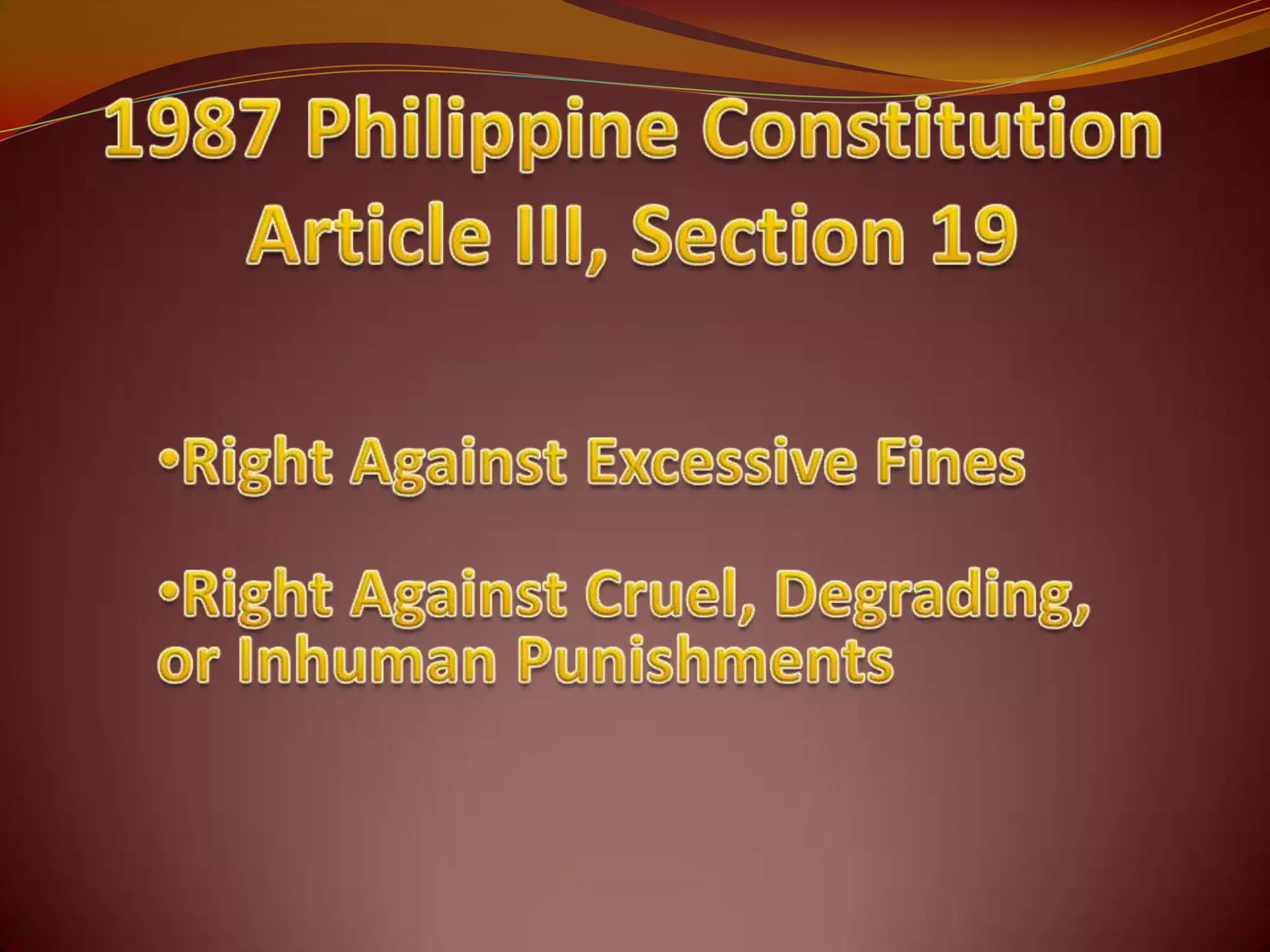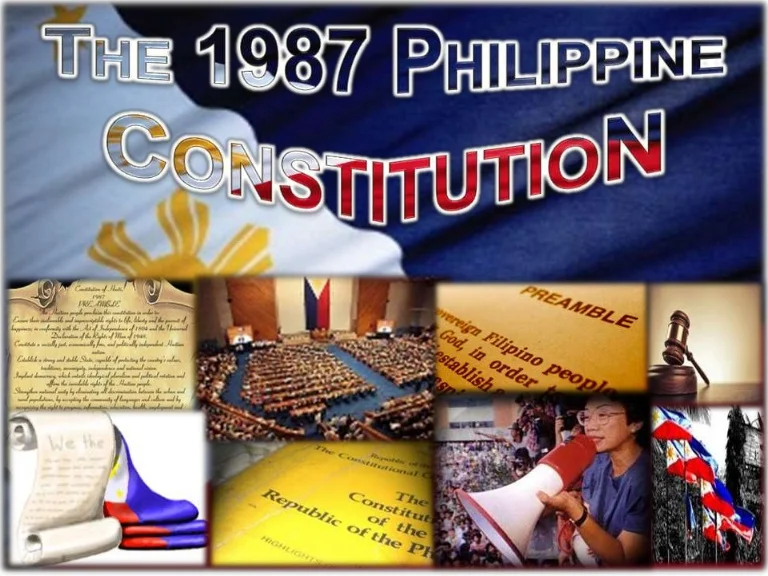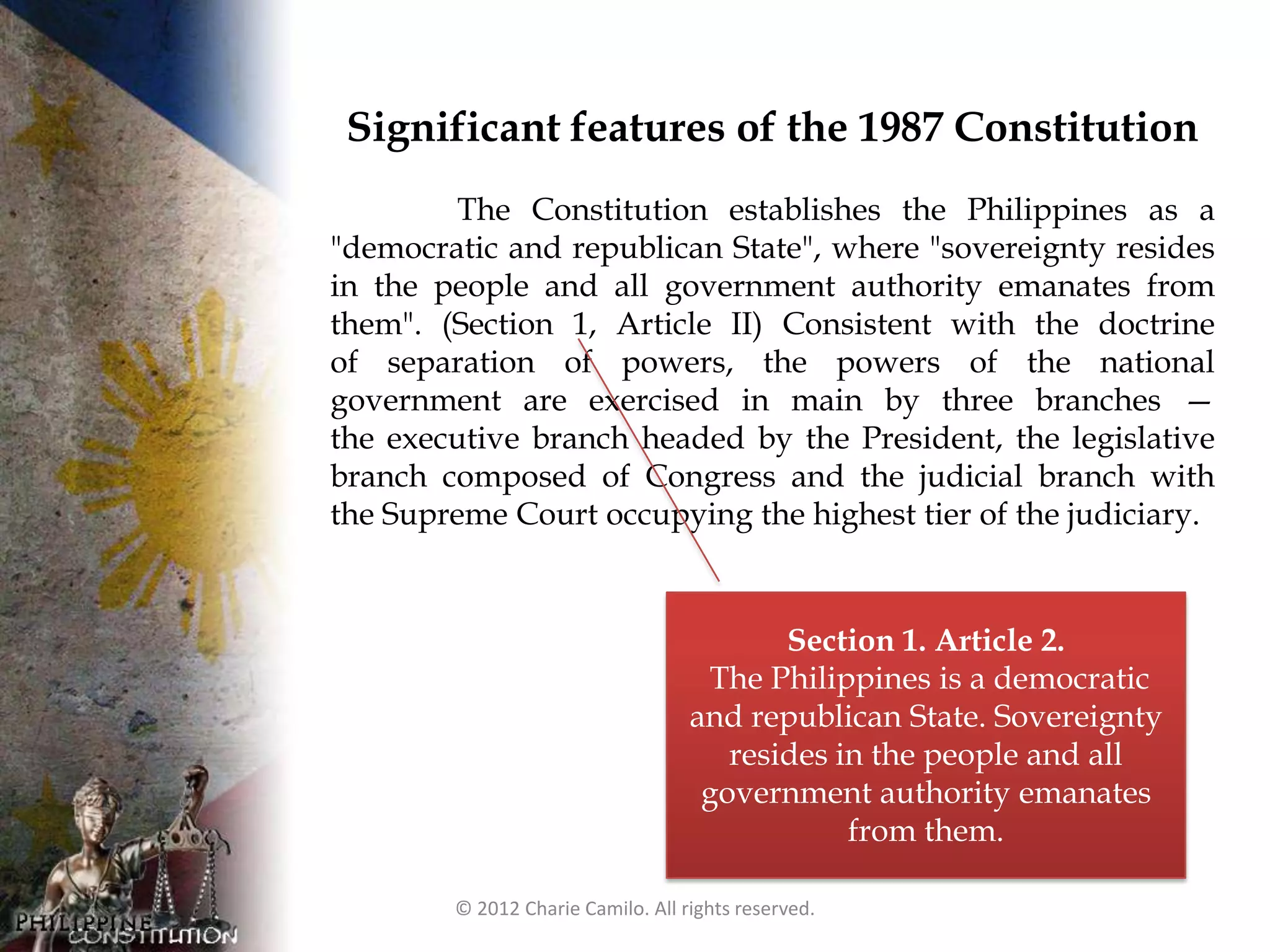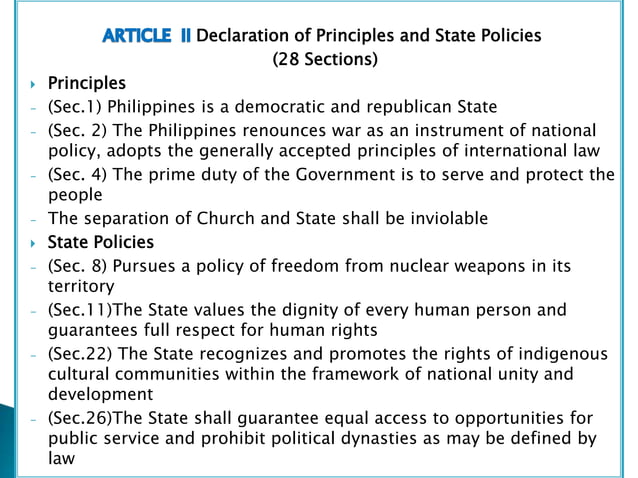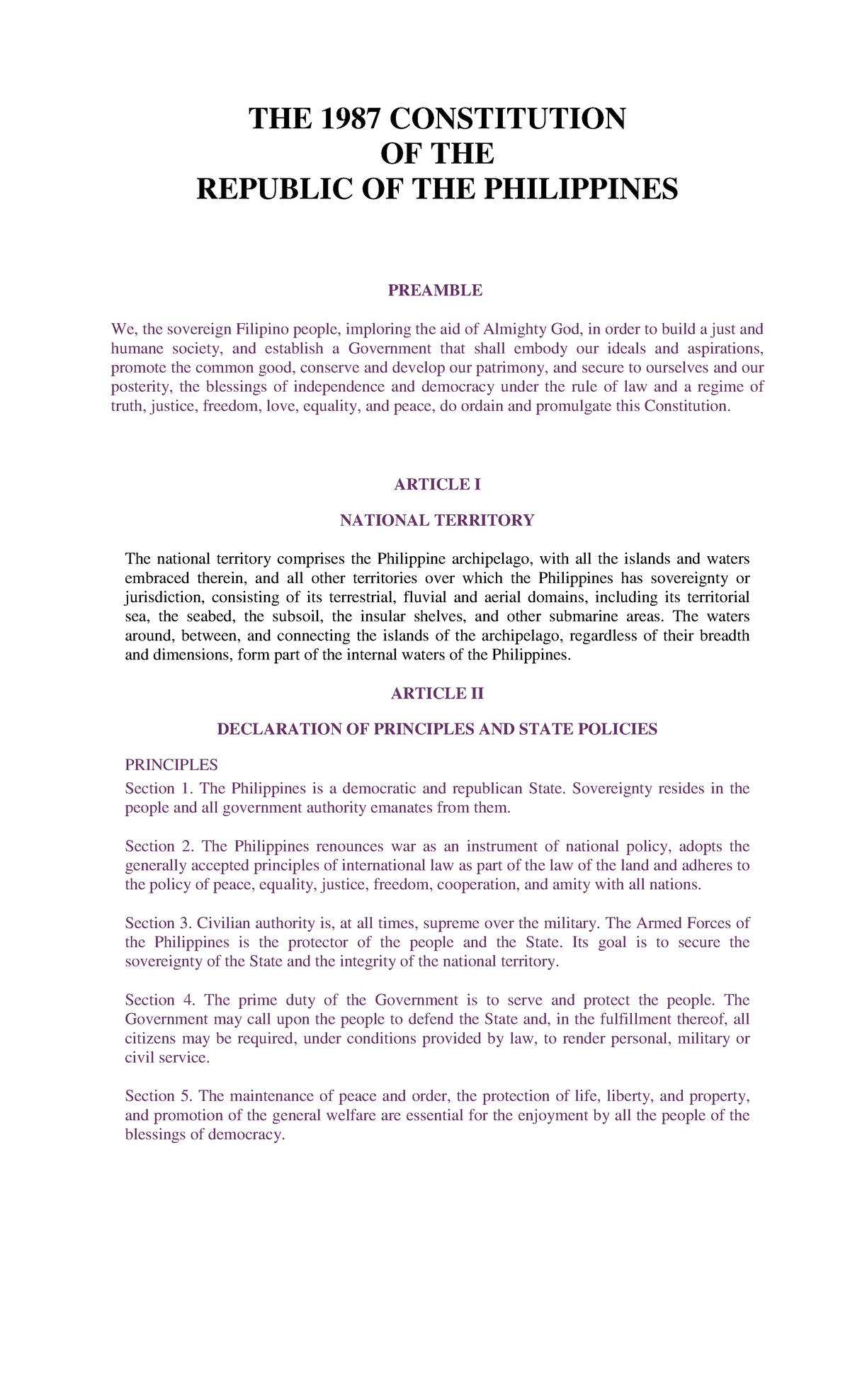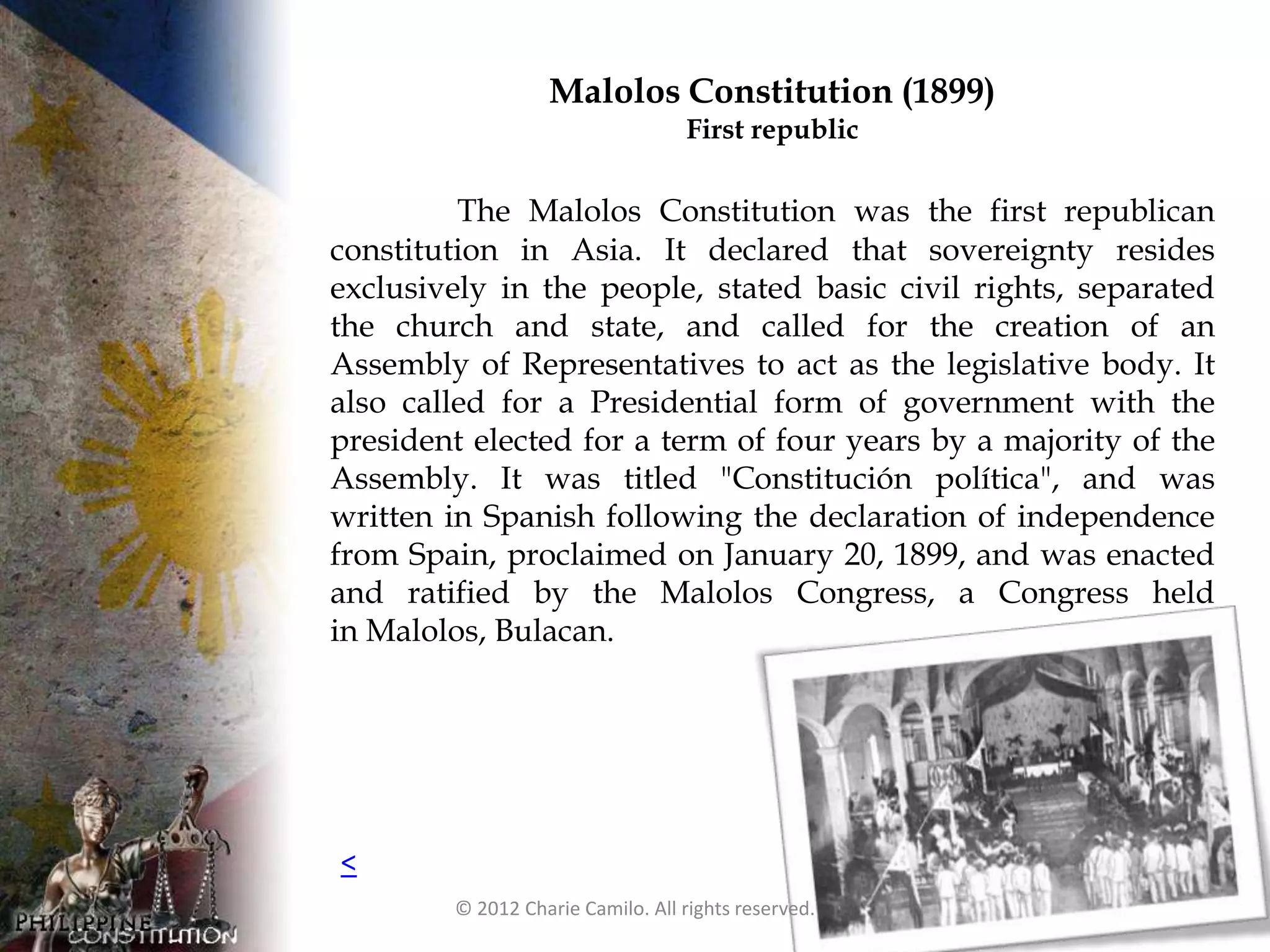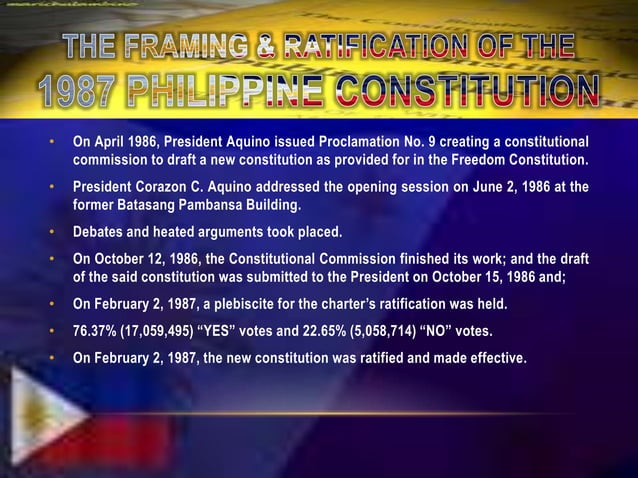Defects Of The 1987 Philippine Constitution
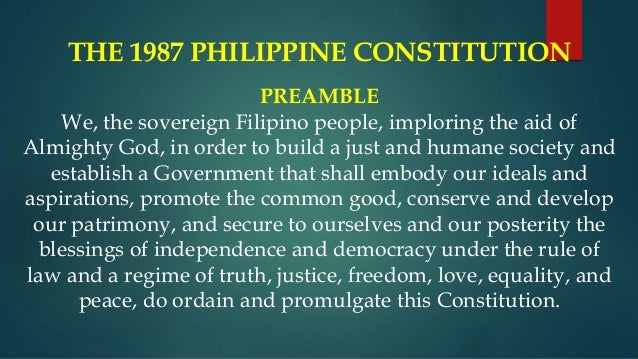
Thirty-seven years after its ratification, the 1987 Philippine Constitution, born from the ashes of authoritarian rule, remains a subject of intense scrutiny. While lauded for restoring democratic institutions and safeguarding civil liberties, it is also criticized for containing provisions that some believe hinder economic progress, perpetuate political dynasties, and create avenues for corruption.
This document, intended to be the cornerstone of a new, democratic Philippines, faces growing calls for amendment or revision. The debate surrounding its perceived defects highlights deep divisions within Filipino society regarding its effectiveness in addressing contemporary challenges. Understanding these perceived flaws is crucial to evaluating the ongoing discourse about the Constitution's future.
The Economic Debate: Protectionism vs. Openness
One of the most persistent criticisms centers around the Constitution's economic provisions, particularly those perceived as overly protectionist. Section 10, Article XII, for instance, prioritizes Filipino enterprises in exploiting natural resources, which some economists argue deters foreign investment and limits economic growth.
Critics argue these restrictions hinder the country's competitiveness in the global market. They propose amendments to attract more foreign capital, boost job creation, and accelerate economic development. This push for economic liberalization, however, faces strong opposition from nationalist groups.
These groups maintain that the protectionist clauses are essential for safeguarding national sovereignty and ensuring that Filipinos benefit from their country's resources. They fear that easing restrictions would lead to exploitation by foreign entities and further marginalize local businesses.
Political Dynasties: A Constitutional Blind Spot?
The proliferation of political dynasties remains a significant challenge to Philippine democracy. Despite Article II, Section 26, which mandates the state to guarantee equal access to opportunities for public service and prohibit political dynasties as may be defined by law, effective legislation has been elusive.
The lack of a clear legal definition of "political dynasty" has rendered this constitutional provision largely unenforceable. Opponents of political dynasties argue that their dominance perpetuates inequality, undermines good governance, and limits opportunities for new and qualified individuals to enter politics.
The concentration of power within a few families, they contend, leads to corruption, patronage, and a lack of accountability. Efforts to pass anti-dynasty laws have consistently been blocked in Congress, often by members belonging to these same dynasties.
Ambiguity and Loopholes: Seeds of Corruption?
Certain provisions within the Constitution are criticized for being vague or containing loopholes that can be exploited. This ambiguity creates opportunities for abuse of power and corruption, weakening the rule of law.
For example, the provisions regarding impeachment, while intended to hold public officials accountable, have been used in politically motivated attempts to remove sitting presidents. The lack of clarity regarding what constitutes an impeachable offense has led to protracted political crises and instability.
Furthermore, the constitutional provisions on local autonomy, while aiming to empower local governments, have sometimes resulted in overlapping jurisdictions and inefficient governance. This lack of clear delineation of responsibilities can lead to conflict and hinder development at the local level.
Charter Change: Navigating a Contentious Path
Calls for constitutional reform, or Charter Change, have been a recurring theme in Philippine politics. Proponents argue that amending or revising the Constitution is necessary to address the aforementioned defects and adapt to changing circumstances.
However, the process of Charter Change is fraught with challenges. Concerns about hidden agendas, political opportunism, and the potential for abuse have fueled strong opposition from various sectors of society.
The fear that Charter Change could be used to extend term limits, weaken safeguards against corruption, or undermine fundamental rights is a major obstacle to achieving consensus. Any attempt to amend or revise the Constitution must therefore be approached with caution and transparency, ensuring broad public participation and safeguarding democratic principles.
Looking Ahead: A Balanced Approach to Reform
The debate surrounding the 1987 Philippine Constitution is complex and multifaceted. While the document has played a crucial role in restoring democracy and protecting civil liberties, its perceived defects cannot be ignored.
Moving forward, a balanced and informed approach is needed. This approach must carefully consider the potential benefits and risks of constitutional reform. It also requires a commitment to addressing the root causes of the issues, such as political dynasties and corruption, regardless of whether the Constitution is amended or not.
Ultimately, the goal should be to strengthen Philippine democracy, promote inclusive economic growth, and ensure that the Constitution serves the best interests of all Filipinos. This requires a national conversation based on facts, reason, and a genuine desire to build a better future for the country.
